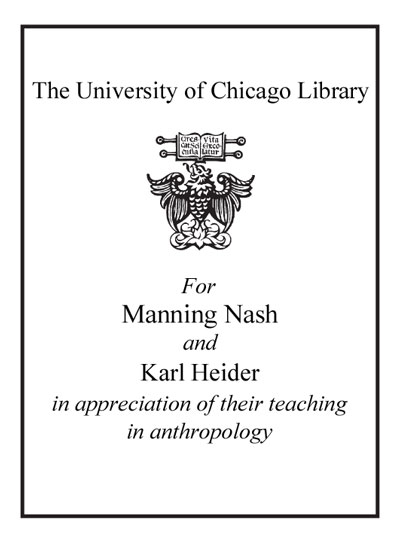Review by Choice Review
This grand tour of the Western intellectual tradition focuses on a problem (cannibalism or anthropophagy) that emerged roughly between 1500 and 1800; that is, during the period of European exploration of the world. What happens if sailors are reduced to cannibalism by shipwreck? Has a crime been committed? Who decides and on what basis? And what is to be made of the practice among those peoples who are "discovered" as a result of these voyages? European philosophers reflect on these and related matters, drawing on ancient Greek and Roman writers as well as Jewish philosophers and Christian theologians. Can a body that has been eaten be resurrected? To whose resurrected body does it belong? Subsequently, some of these questions are resolved by scientific perspectives that render them obsolete or refract them through entirely new lenses. So, in a way, this book is about why the idea of cannibalism arose and why it passed away. We have here a fresh look at texts much interpreted, especially from the Enlightenment, but viewed from relatively unexplored angles. The journey, however, is only for those at least already partly initiated in these intellectual traditions. Summing Up: Recommended. Upper-division undergraduates and above. A. Rabil Jr. emeritus, SUNY College at Old Westbury
Copyright American Library Association, used with permission.
Review by Choice Review

